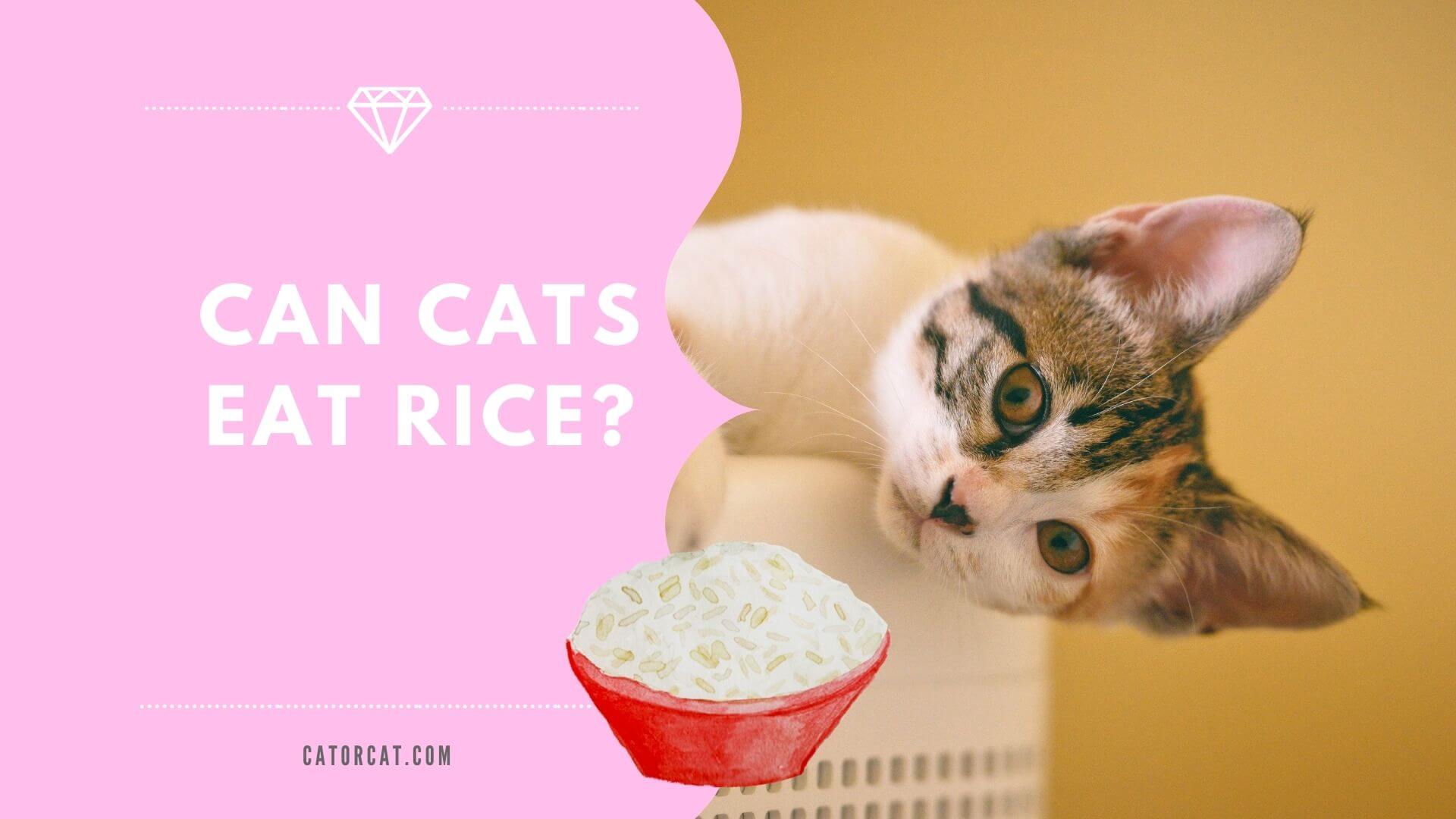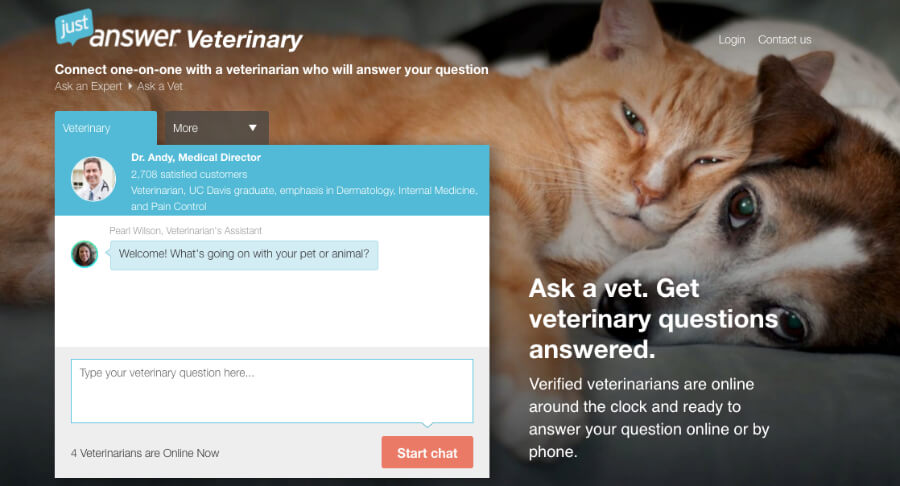
Rice is a staple in most households. It’s cheap, it’s easy to store, and pretty much compatible with other food items. As cat parents, it’s tempting to feed our cats with human foods that we enjoy ourselves. So the question is, can cats eat rice? The answer to this is yes, and no.
Can Cats Eat Rice?
Cats can eat rice as it is not on the ASPCA list of toxic foods for cats. However, it also depends on a number of factors. While rice is not toxic to cats per se, it is not advisable to feed rice to cats who are obese and/or diabetic. It is also not advisable to feed rice to kittens, as it may impede their proper development.
Rice is Not Part of Their Natural Diet
Cats are obligate carnivores, which means they get their nutritional needs from meat. When you feed her fruits, veggies, or carbohydrates, like rice, they don’t get any nutritional benefits from these kinds of food. So when you feed her rice, it acts as a filler to her diet.Rice adds to your cat’s calorie intake but without any nutrition. Cats also don’t digest grains in their stomachs, so if your cat is not used to eating rice, she may vomit or cause her to have an upset stomach.
Related: Best supplements for cats!
Rice in Cat Food
Rice and other grains are found in many cat foods available in the market. So if you feed your cat her usual food (wet or dry) that contains rice, then feeding her cooked rice is okay as her stomach is used to processing rice. Because there is no nutritional value in rice, however, rice added in commercial cat food is basically a filler.
Rice and Diarrhea Treatment
Rice has been known to help alleviate diarrhea and other digestive problems in cats. It is common for veterinarians to recommend rice to a cat’s diet when she is suffering from diarrhea or stomach upsets.
Rice has been used to regulate a cat’s digestive system by helping to harden the stool, and thereby, helping to stop diarrhea, and preventing dehydration, which is potentially deadly in cats. It is a known fact that cats have sensitive stomachs and if your cat is showing symptoms of a stomach upset or having more bowel movements than usual, you can add rice to her diet to see if it can help. You can add rice to her usual cat food. Make sure the rice is soft and moist and does not consist of more than 25% of her meal. Observe the effect of rice in her stool but if your cat’s diarrhea continues, it’s best that you bring your cat to the emergency room.
How to Integrate Rice Into Your Cat’s Diet
As mentioned, you can add rice to your cat’s diet by mixing it with her usual cat food. However, if you don’t have a need to improve your cat’s digestion, then adding it to her diet may be unnecessary. Although if you must integrate rice with her diet, it’s best that you feed her properly cooked rice that’s unseasoned. Make sure there are no seasoning or added ingredients in the rice, as other ingredients may cause other digestive issues. Salt, garlic, onions, and other additives should not be added. Garlic can cause gastroenteritis which results in vomiting, diarrhea, oral irritation, and drooling. Onions, on the other hand, contain a poisonous compound that leads to oxidative damage. When you give rice to your cat, make sure it is properly cooked with no added ingredients. Always remember that cooked rice mixed with high-quality cat food is the best way to add rice to your cat’s balanced diet.
Can Cats Eat Uncooked Rice?
Cats must never eat uncooked rice. It is not safe for cats. Aside from your cat’s stomach not being able to digest uncooked rice, it can also contain a pesticide that has lectin. Lectin can cause diarrhea, vomiting, bloating, and abdominal pain in your cat. Even small amounts of uncooked rice can cause side effects. If your cat has consumed a considerable amount of uncooked rice, it is best to call a veterinarian now.
The Bottom Line
Rice is okay to feed your cat. It is neither bad nor good. It has no nutritional value but in some instances, especially when your cat is suffering from diarrhea, it has the potential to help stop frequent bowel movements by hardening your cat’s stool. Avoid feeding rice to kittens since it has no nutritional value and may affect their overall health. Your kitten may feel full and not consume proper protein anymore, which may lead to malnutrition. If you must feed rice to your cat, make sure it doesn’t consist of more than 25% of her diet.
RELATED:

